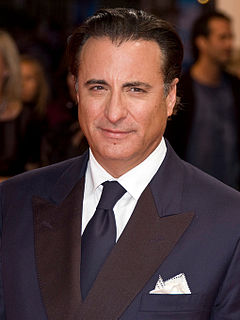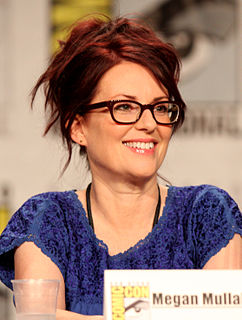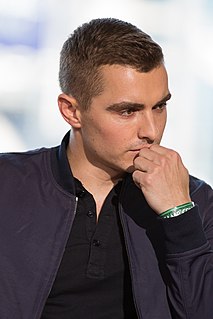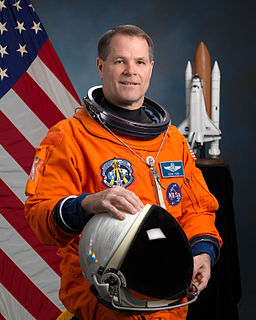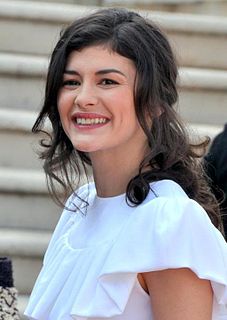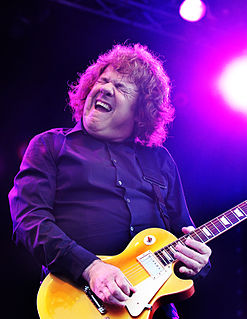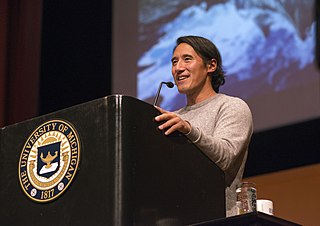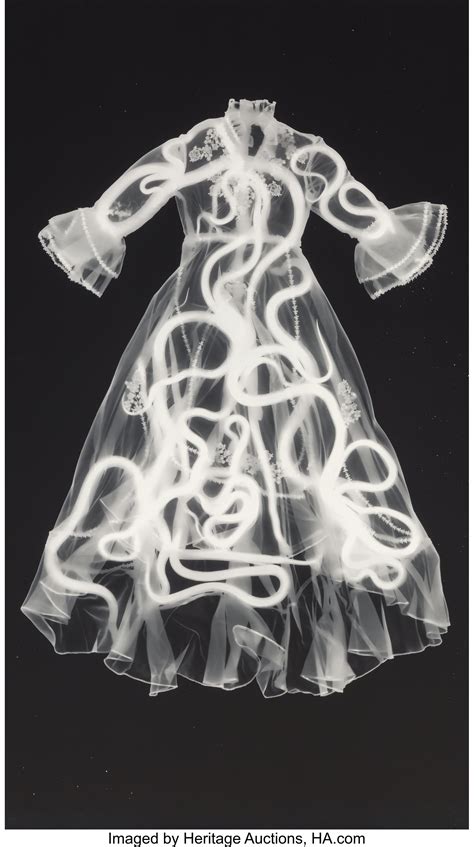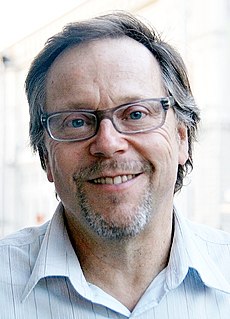A Quote by Greig Fraser
A perfect example is 'Zero Dark Thirty.' That's the closest thing to reportage that I've done because a lot of that was shooting from the hip and found images and giving the actors a lot of freedom to explore the space and not have to repeat their actions twice and basically workshop on-camera.
Related Quotes
It was amazing how much their [Seth Rogen, Evan Goldberg, Shauna Robertson] process seemed familiar to me, translating that into the work that I had done and giving actors a lot of freedom and doing a lot of improvisation and a total respect and collaboration with all the department heads and all the crews, and just really making it an enjoyable industry rather than just clocking in and doing a job which a lot of movies are.
I like to think in camera, but at the last minute the most important thing is that there is something happening between the actors. But good actors can have a lot of scenes going around them but sometimes it sort of helps the performance because it takes their mind off of who they are supposed to be.
I think movies say a lot [about real life], even more than theater. It says a lot about the invisible, that movies are so fascinating. The camera lens is like a microscope that goes beyond the surface. It's like you're exploring a secret, so you explore the director's secret, you explore the actor's secret, and therefore you explore the universe's secrets.
We're so conditioned to the syntax of the camera that we don't realize that we are running on only half the visual alphabet... It's what we see every day in the magazines, on billboards and even on television. All those images are being produced basically the same way, through a lens and a camera. I'm saying there are many, many other ways to produce photographic imagery, and I would imagine that a lot of them have yet to be explored.

